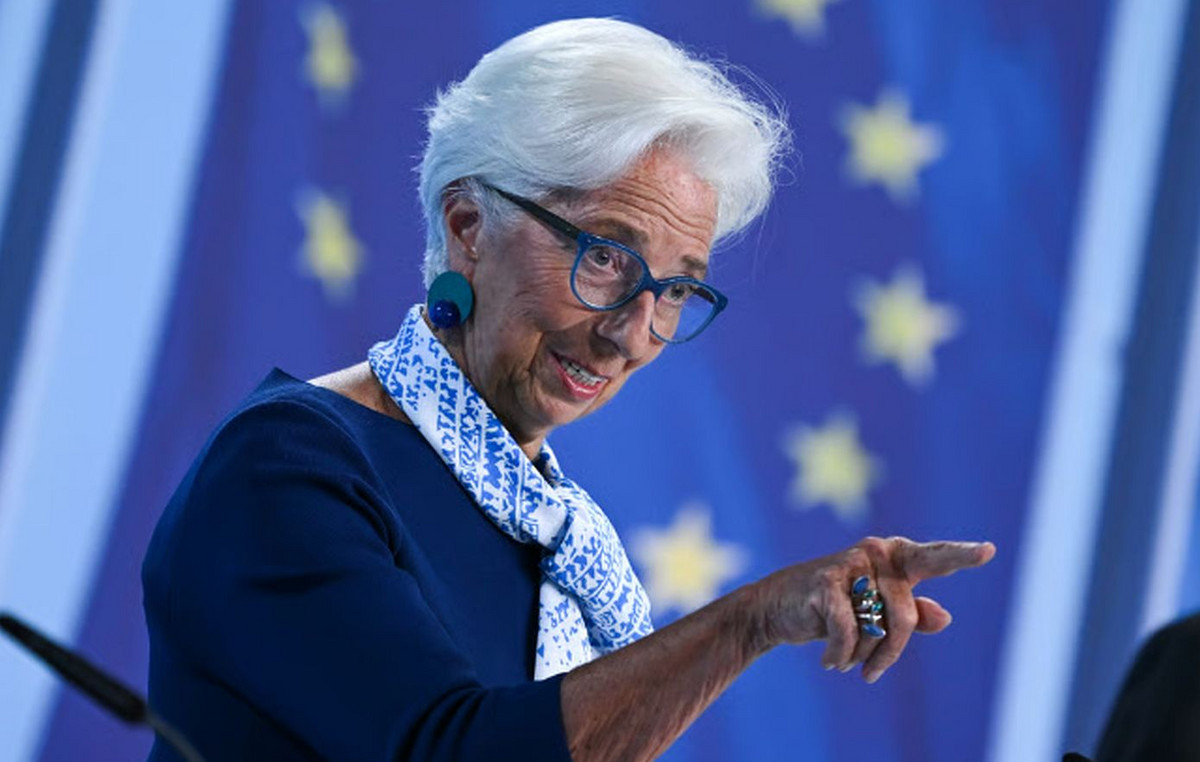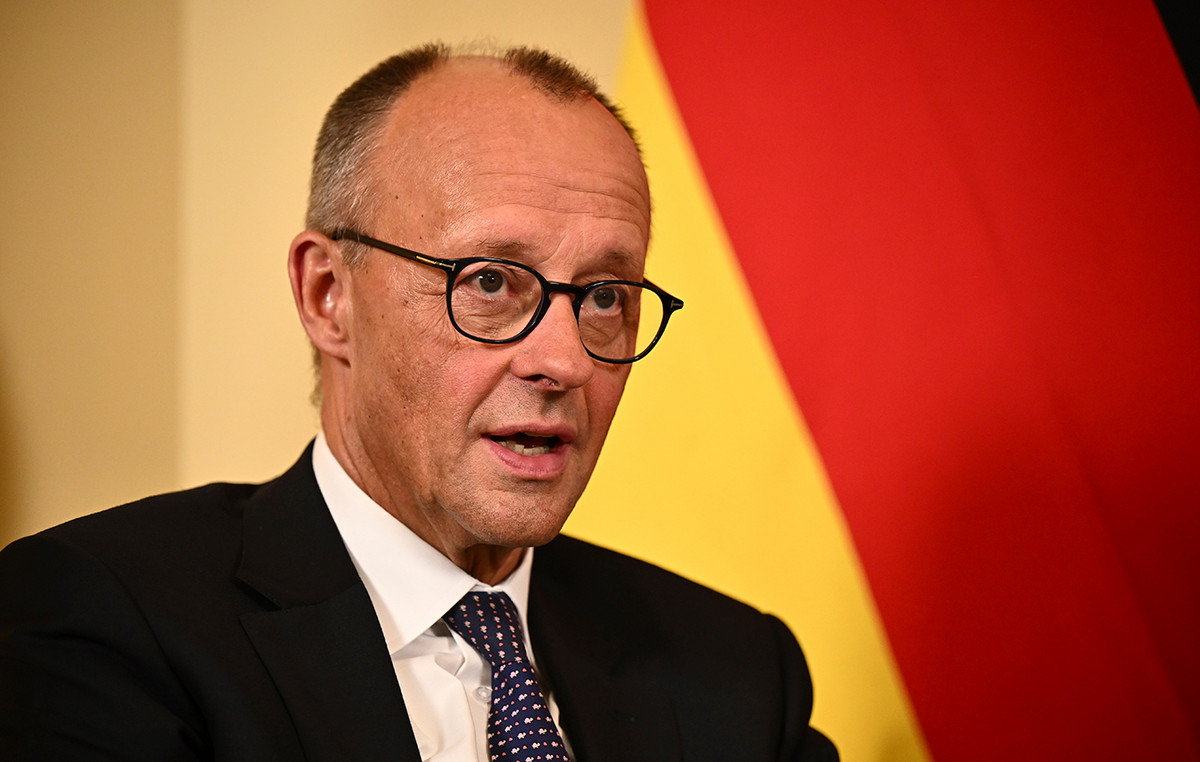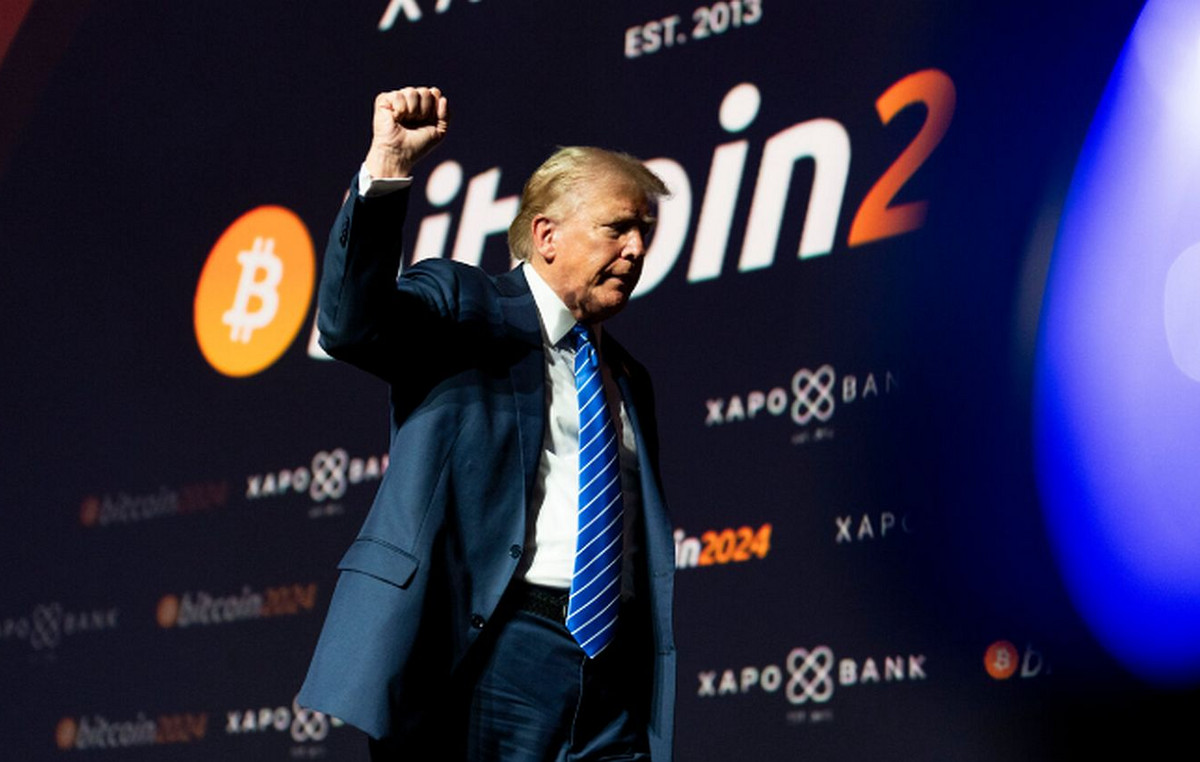President Luiz Inacio Lula da Silva visits Beijing while China and the United States seek to reduce the tensions caused by the tariff war. This Monday (12), Beijing and Washington agreed to reduce import rates for 90 days.
The president’s trip seeks to strengthen ties with the largest Brazilian commercial partner – a relationship that Lula described as “unavoidable” and “indestructible” in a speech for entrepreneurs in Beijing.
Lula said China “has been treated as an enemy of global trade when, in fact, he behaves as an example of a country that seeks to trade with those who have been forgotten in the last 30 years.” And criticized the rates released by Donald Trump.
“I do not conform to the so -called tax that the president of the United States tried to impose on planet Earth overnight,” said the Brazilian president.
“It was multilateralism after World War II that guaranteed all these years of harmony among states, it was not protectionism. Protectionism in commerce can lead to war, as has happened so many times in the history of humanity,” he followed.
Lula had already criticized the rates in conversation with Russian President Vladimir Putin, with whom he met in Moscow before traveling to China.
The Donald Trump government surpassed Brazilian products by 10%, the minimum fare. In the case of China, the rate climbed 145%. Beijing retaliated with 125% rates on American imports. The truce came on Monday, but analysts see the ad with caution.
During the official visit of President Lula, the Brazilian government seeks to increase exports to China, Brazil’s main commercial partner, amid the tariff dispute with the US.
Trade with Beijing alone should not cause wear on relations with Washington, but there are points of attention to Brazil, says Pedro Steenhagen, a PhD in international politics from Fudan University in Shanghai.
“China has a lot of demand for Brazilian products, especially commodities. It is a surplus relationship for Brazil, so there is an understanding that China is an invaluable partner,” says Steenhagen.
“Even during the Jair Bolsonaro government, despite tensions, trade grew, which demonstrates the maturation of the sino-Brazilian relationship,” he adds.
The analyst states, however, that there are sensitive themes, and points out that the government Donald Trump has related different issues to security, which makes this balance more complex.
“The scenario is complex and unstable. Brazil needs to navigate this growing securitization of different topics and balance their relations with China and the United States, but also Europe and other international actors,” he concludes.
The International Analyst of CNN Fernanda Magotta agrees that closely with ties with China does not necessarily harm the relationship with the US, since Brazil maintains its tradition of autonomy.
“The country acts as a balancing, seeking to maintain good relations with all poles of power without subordinate to any of them. This logic is consistent with Brazil’s historical strategy, which privileges multilateralism, mediation and building bridges,” says Magotta, who understands Lula’s visit to China as part of the strategy of avoiding automatic alignments in Brazilian external policy.
“In practice, the Brazilian balance between great powers depends on the clarity with which the country affirms its interests and avoids being instrumentalized in rivalries that are not yours,” he adds.
In this sense, specialists in international relations heard by the CNN They highlight Brazil’s decision not to formally adhere to the new silk route, China’s infrastructure mega -project, as a signal that the country seeks to maintain its independence.
The Brazilian government states that ties with China do not oppose interest in maintaining good relations with the United States.
FGV International Relations Professor Vinícius Vieira observes, on the other hand, that there is a distance between Brazil and the United States since Donald Trump returned to the White House, but notes that this did not occur only on the Brazilian side.
“Brazil is removed from the United States not only by Brazilian will, but also for the lack of a US schedule for Brazil. This is not now, but gains strength with Donald Trump,” says Vinícius Vieira.
The analyst points out that, under the Joe Biden government, there was an approach from interest in common with Lula on issues such as combating climate change and exploitation at work, but Donald Trump did not signal the same interest in Brazil.
In addition to ideological issues, Vinícius Vieira believes that Lula’s statements during the campaign in the United States may have had an impact on this direction. The president openly supported Democrat Kamala Harris, who ended up being defeated by the Republican leader. “This undoubtedly closes doors,” he says.
Another point that can weigh on both sides, in Vieira’s evaluation, is the proximity to the presidential elections in Brazil. “The Government Donald Trump can bet on the return of the Brazilian right in what comes and the right will surely try to use this distance from the United States politically,” he says.
Lula, in turn, could bet on the effect Donald Trump had on Canada elections, where pressure from the United States strengthened the liberal party, which recovered in the polls and managed to elect Mark Carney as Prime Minister.
“At least as long as there is no definition in Brazil – if the left, the right -wing right or a more moderate right will win the elections – relationships with the United States should stay cold as they are. This is negative not only for investments and business, but also for both countries, which could explore more points they have in common independent of ideological quarrels,” he concludes.
*Posted by Gabriella Lodi.
This content was originally published in US X China: What is Brazil’s position in the middle of the two powers? on the CNN Brazil website.
Source: CNN Brasil
Bruce Belcher is a seasoned author with over 5 years of experience in world news. He writes for online news websites and provides in-depth analysis on the world stock market. Bruce is known for his insightful perspectives and commitment to keeping the public informed.







